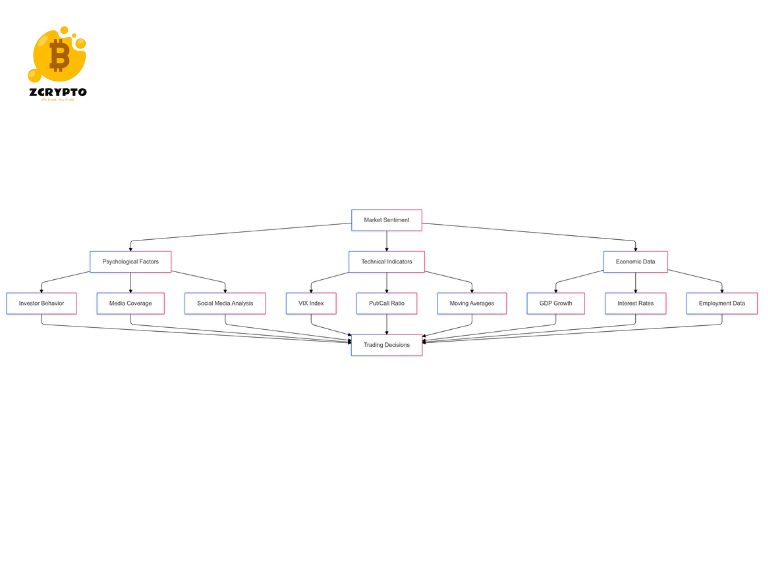What are 60-Plus Delinquencies?
A 60-plus delinquency is defined as a payment that is 60 days or more past due. The process of an account becoming delinquent begins with an initial late payment. When you miss a payment, you are typically charged late fees by the creditor. If the payment remains unpaid, the creditor may report the delinquency to credit bureaus after 30 days, although some creditors may wait until the payment is 60 days past due.
As the delinquency progresses, additional fees and penalties can be applied, further complicating your financial situation. It’s important to understand that each missed payment can escalate the severity of the delinquency, leading to more severe consequences.
- Ultimate Guide to Banking: Everything You Need to Know
- Unlocking Growth: Investment Opportunities and Economic Power of BRIC Nations
- How Automated Clearing House (ACH) Revolutionizes Electronic Payments and Transactions
- Understanding Bond Ratings: A Comprehensive Guide to Creditworthiness and Investment Risk
- Bungalow Definition: Key Features and Benefits of Bungalow Homes
Impact on Credit Scores
Late payments, especially those that are 60 days or more past due, significantly impact your credit scores. In most credit scoring models, payment history is the largest factor, accounting for up to 35% of your total score.
A single late payment can drop your credit score, but the effect is more pronounced with multiple late payments. For instance, if you miss three consecutive payments, your credit score could drop by up to 180 points or more. This impact varies depending on your initial credit score; individuals with excellent credit scores may see a larger drop from a single late payment compared to those with lower credit scores.
The duration of delinquency also plays a critical role. The longer the payment remains unpaid, the greater the negative impact on your credit score. For example, a 90-day delinquency will generally have a more severe effect than a 30-day delinquency.
Financial Consequences
The immediate financial consequences of 60-plus delinquencies include late payment fees, higher penalty APRs, and additional collection fees. These fees can quickly add up and make it even harder to catch up on your payments.
In the long term, accounts that remain delinquent may be sent to collections, leading to potential legal action and a significant impact on your future borrowing capabilities. Additionally, delinquencies can affect other financial aspects such as higher insurance rates, difficulty renting an apartment, and the need for security deposits on utility accounts.
How Delinquencies Are Reported
Late payments are typically reported to credit bureaus after 30 days, although some creditors may wait until the payment is 60 days past due. Once reported, delinquencies are recorded on your credit report with a notation indicating how many days past due the payment is (e.g., 30, 60, or 90 days).
It’s important to note that delinquencies can stay on your credit report for up to seven years from the original delinquency date. This prolonged presence can continue to affect your credit score even after you’ve made the necessary payments.
Getting Out of Delinquency
To mitigate the effects of delinquency, it’s crucial to take immediate action. Making at least the minimum payment can stop the progression of delinquency and prevent further escalation. Paying multiple missed payments can reduce the delinquency level; for example, paying two minimum payments could move your account from being 90 days delinquent to 60 days delinquent.
Communicating with creditors is also vital if you’re facing financial hardship. Many creditors offer repayment plans or temporary hardship programs that can help you get back on track without further damaging your credit score.
Long-Term Effects and Removal
While delinquencies remain on your credit report for up to seven years, their influence on your credit score diminishes over time. After seven years from the original delinquency date, these entries are automatically removed from your credit report.
If you find any falsely reported delinquencies on your credit report, you have the right to dispute them with the credit bureau. Ensuring accuracy in your credit report is essential for maintaining a healthy financial profile.
Source: https://summacumlaude.site
Category: Blog







